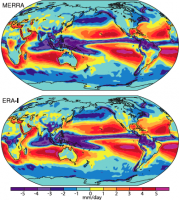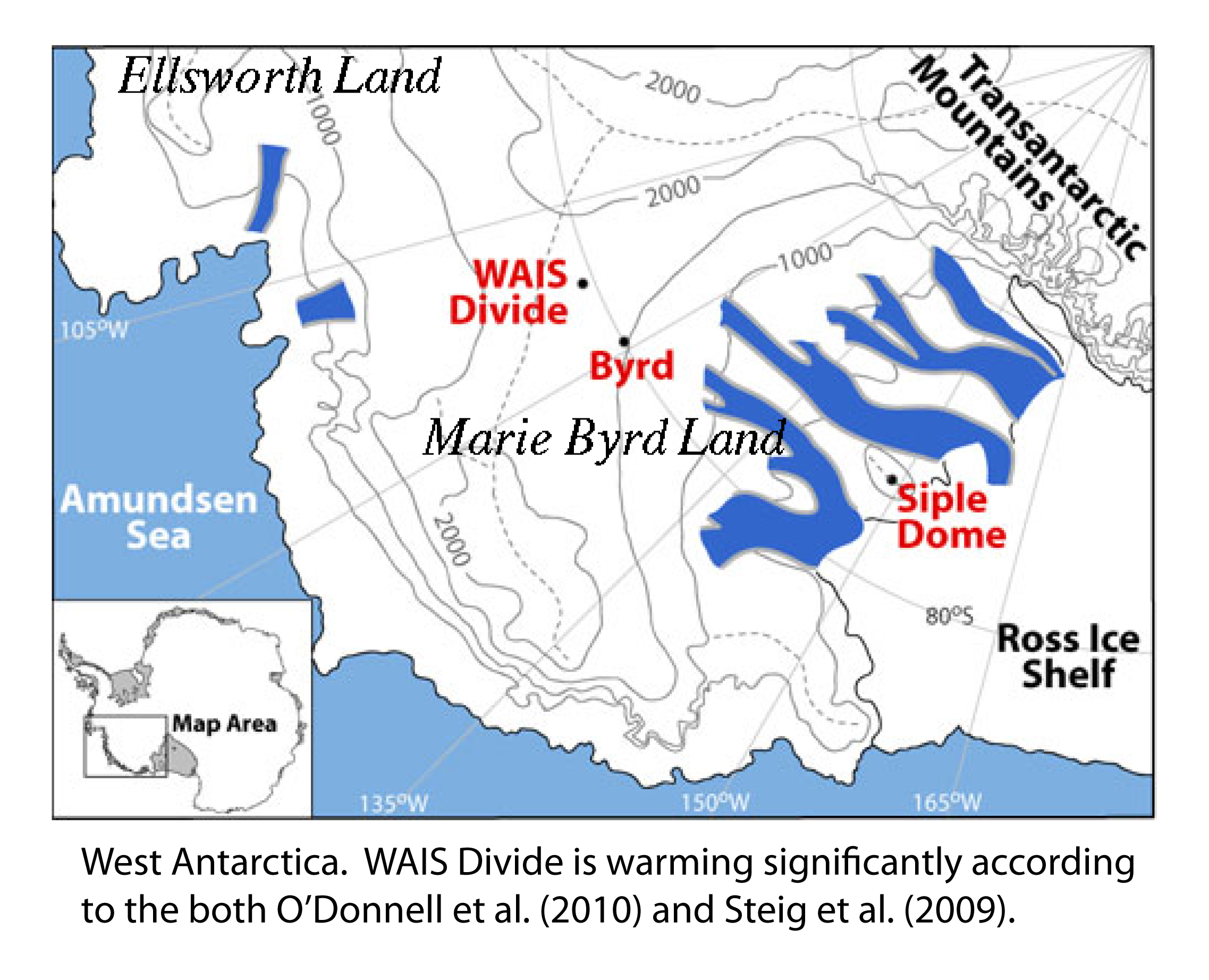The National Center for Atmospheric Research (NCAR) has, in the last few months, developed an interesting and potentially very useful website The Climate Data Guide devoted to the ins and outs of obtaining and analyzing the various existing climatic data sets. The site describes itself as “…a focal point for expert-user guidance, commentary, and questions on the strengths and limitations of selected observational data sets and their applicability to model evaluations.”
There are already many climate data set websites in existence, and lists of links to same, including at this site. Some of them host the actual data, while others provide various statistical analysis or graphing/visualization tools, all of which are helpful. What makes this new site unique is: (1) expert users contribute pages describing and pointing to various existing data sources within certain topic areas, (2) explanations of various existing data formats, gridding approaches, etc, (3) an online discussion forum dealing with the appropriateness of particular data sets for addressing particular scientific questions, and (4) a news section as well as links to a very wide range of data repositories, among other things. Here for example, is the page summarizing the existing reanalysis data sets.
The site, sponsored by the NSF, appears to be a unique and valuable approach to advancing climate data analysis. We encourage everyone to check it out, register as members as appropriate, etc. This would also be a good place to discuss or point to other useful data and analysis oriented sites that are out there.


 The launch of the
The launch of the 
 In this post, I’ll summarize the key methodological changes suggested by O’Donnell et al., discuss how their results compare with our results, and the implications for our understanding of recent Antarctic climate change. I’ll then try to make sense of how O’Donnell et al. have apparently wound up with an erroneous result.
In this post, I’ll summarize the key methodological changes suggested by O’Donnell et al., discuss how their results compare with our results, and the implications for our understanding of recent Antarctic climate change. I’ll then try to make sense of how O’Donnell et al. have apparently wound up with an erroneous result.